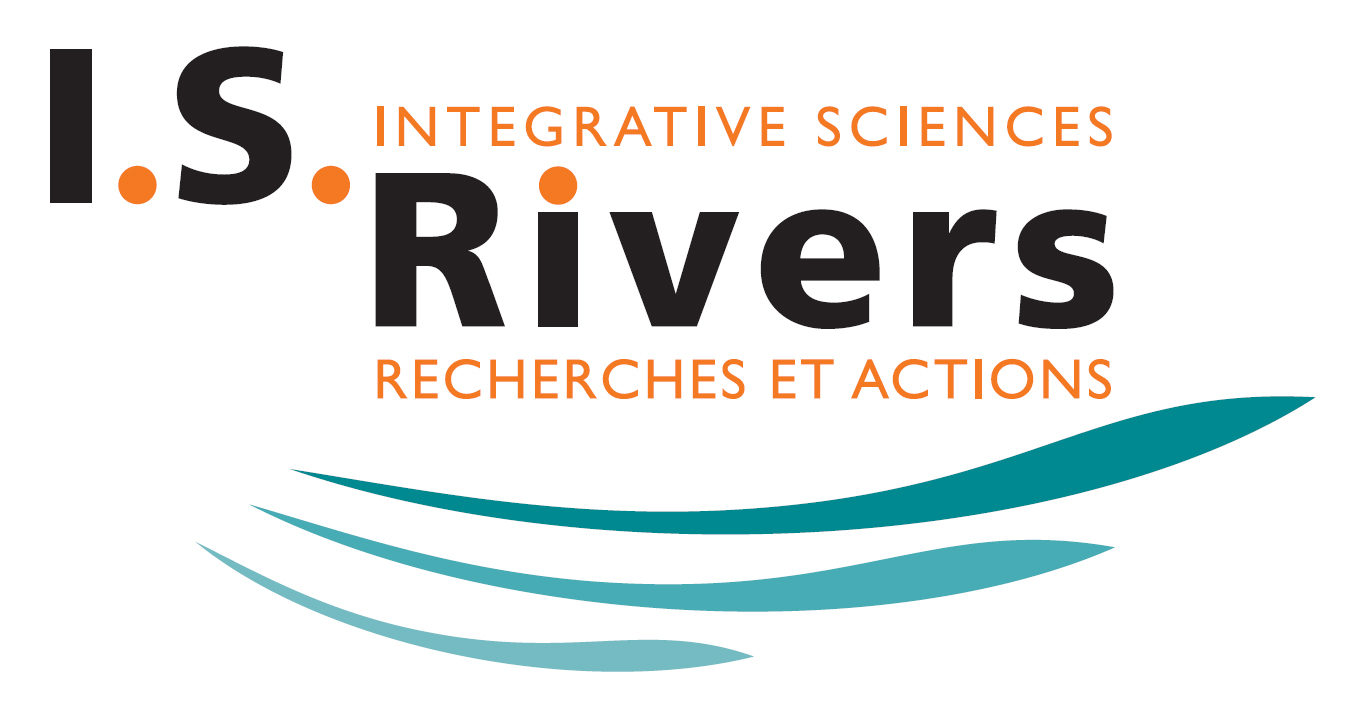Wednesday 2nd of july – 14:00
14:00
How to Adapt Territories in a Resilient Manner through Lessons Learned (REX): The Case of Sainte-Marie-de-Beauce, Quebec.
AUTHORS
Thomas Isabelle
Canada
Short Abstract: This study highlights the importance of lessons learned (REX) in strengthening resilience to floods. The project, focused on Sainte-Marie-de-Beauce after the 2019 flood, explores the hydrometeorological, socio-economic, and urban impacts of the event. REX is a strategic tool to identify best practices, adapt public policies, and foster the collective memory of disasters. Through surveys, interviews, and spatial analyses, the research documented citizens’ perceptions and municipal actions to rehabilitate the territory. The findings include recommendations for the relocation of affected individuals, the transformation of the built environment, and the improvement of urban planning tools, such as downtown revitalization and residential development. This project, carried out by the ARIAction team, is supported by the Government of Quebec (ministère de la Sécurité public) and demonstrates how collaboration between researchers and communities can transform the challenges of flooding into opportunities for sustainable adaptation.
14:20
Integrated water management of the Garonne river facing climate change
AUTHORS
CADORET Vincent, PANTAROTTO Maxime, CARDOT Nicolas, TREGUER Cédric
France
Short Abstract: SMEAG is a group of local authorities made up of four departments and two regions crossed by the Garonne River. Among its main missions is the balanced management of the Garonne ecosystem. The river is the backbone of the watershed. But in a context of increasing global warming, it encounters increasingly severe low water levels, thereby accentuating its ecological fragilities. In fact, the historical sampling of aggregates in the minor bed of the river has significantly degraded the hydromorphological quality of the Garonne. Faced with this observation, SMEAG informs river managers and development project leaders to try to coordinate actions in favor of its preservation. This communication presents the progress of the different areas of work undertaken by the community as well as the underlying synergies with a view to adapting to climate change more necessary than ever.
14:40
Influence of riparian forest presence on stream thermal dynamics: field study in the Tarn-et-Garonne department
AUTHORS
CONAN Antonin, TISSOT Laurence, MAIRE Anthony
France
Short Abstract: Riparian forests, forest formations areas along watercourses, are key for the thermal regulation of aquatic ecosystems by providing shade that reduces water warming. This study investigated the effect of riparian cover density, measured using the Leaf Area Index (LAI), on water temperature, in rivers with alternating vegetated and open segments. Results indicate that dense riparian cover significantly lowers water temperatures during warm periods, particularly in summer. However, hypotheses suggest that factors such as stream width and flow rate may influence the effects of shading on stream temperature, warranting further investigation. Conducted during a rainy year, the study highlights the need for multi-year research, including drier conditions, to better assess riparian impacts under diverse hydroclimatic conditions. Our results already support the prioritization of conservation and restoration of riparian zones in climate adaptation strategies.
15:00
Building Resilience in the Sundarbans: Integrating Livelihoods, Governance, and Nature-Based Solutions
AUTHORS
CREMIN Emilie, IMRAN Faisal, ISLAM Md. Nurul, PATHAK Souradip, MONDAL Tapas, VERON René, MUKHERJEE Jenia, SELIM Samiya
Switzerland
Short Abstract: Developed within the framework of the ENGAGE4Sundarbans project, this presentation aims to present, using a systemic and empirical analytical framework, the processes leading to ecological and social vulnerabilities in the Sundarbans basin, a deltaic area of the Ganges-Brahmaputra shared by India and Bangladesh. Initial results show that soil salinisation, coastal erosion, loss of forest habitats and limited access to essential services contribute to socio-ecological vulnerability. The case studies of Kumirmari and Assassuni highlight various challenges and adaptation strategies, emphasising agroecological practices, community governance and equitable resource management. The project aims to strengthen social resilience and promote sustainable livelihoods through cooperative models, commons management and nature-based solutions (NbS). Key interventions include land restoration, capacity building and improved market access through farmer-producer organisations. The project promotes community participation, integrates NbS into governance frameworks and builds partnerships to develop a replicable model of resilience and sustainability in vulnerable regions.
15:20
Networked concepts: innovation and interdisciplinarity to address future challenges of socio-hydrosystems
AUTHORS
Fernandes Gersende, Lagrola Mathilde, Cao Yixin, Ricau Marine
France
Short Abstract: The PEPR OneWater (www.onewater.fr) is a long-term research initiative (2023–2033) designed to reframe water as a common good and to develop tools to address upcoming transitions. The program’s originality lies in its systemic organization, where multiple targeted projects contribute to knowledge creation but, more importantly, to their interconnection and complementarity. This is fostered through collaborative spaces for the various partners. This presentation will explore the unique approaches taken by three of the targeted projects within the PEPR: Empreinte, Aquathèque, and SoluTest. The Empreinte project aims to revisit the concept of water footprint/fingerprint, the Aquathèque project envisions an infrastructure to archive the memory of socio-hydrosystems, and the SoluTest project tests solutions to promote their adaptability and sustainability. The presentation highlights several shared challenges these projects face as part of this novel networked research initiative: the emergence of interdisciplinary concepts, methodologies for network-based research, anchoring concepts and knowledge within specific socio-hydrosystems, and projecting present-day concepts to address future, yet-unknown situations.
